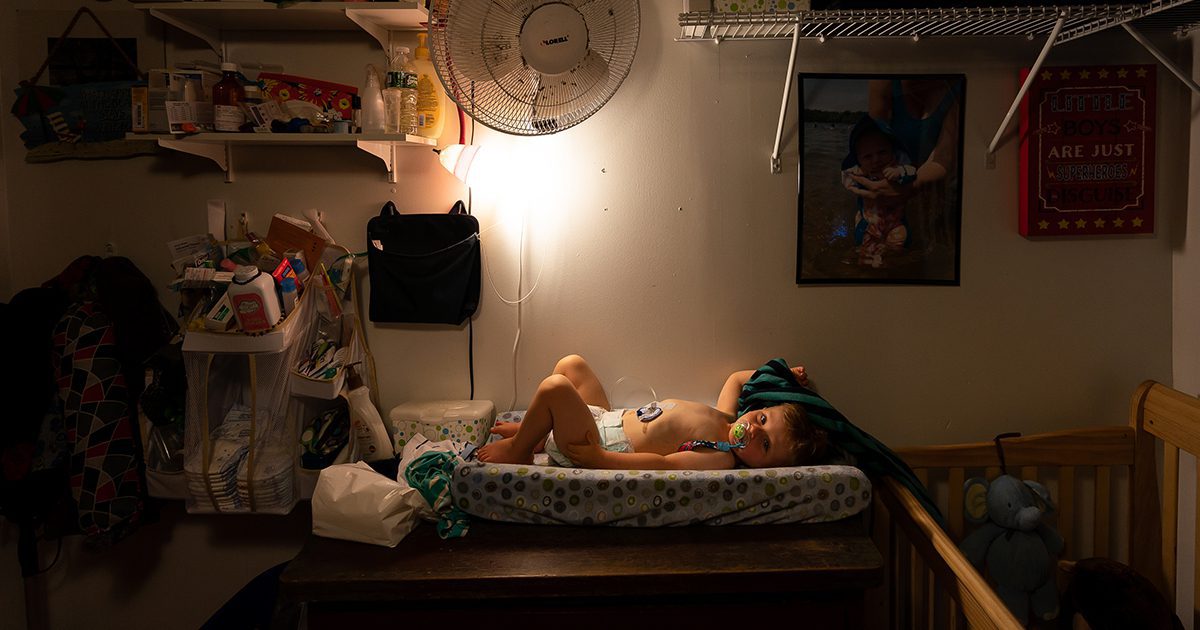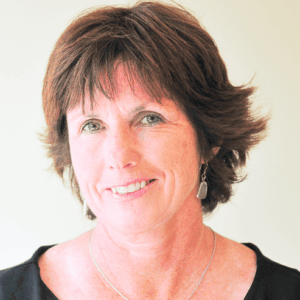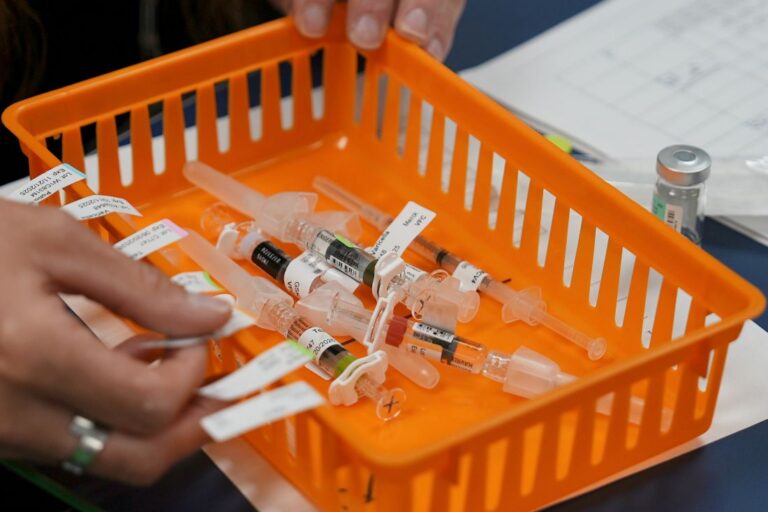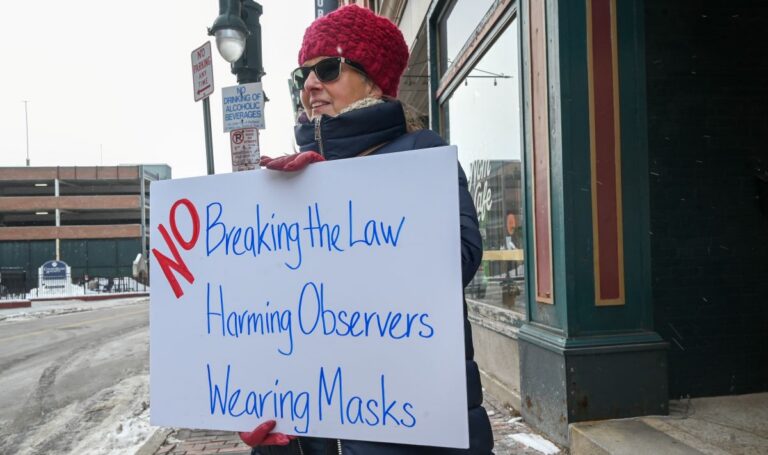Nationally, 51 percent of women in the general population have unintended pregnancies, but women with substance-use disorders have much higher rates – nearly 80 percent, according to the American Society of Addiction Medicine.
Women with opiate addictions face several challenges in getting birth control, health experts say. They often lack insurance, have no transportation and are not thinking clearly while under the powerful influence of opiates.
“No one wants to have a child when they’re fighting a substance-use disorder,” says Courtney Allen, an Augusta mother who was dependent on opiates when she got pregnant with her second son.
“They don’t have a car, so they can’t drive to family planning,” says Allen, who recently celebrated her third year in recovery and attributes faulty birth control to her unplanned pregnancy. “They probably also don’t have a phone, and they don’t have insurance, so they can’t buy birth control on their own.”
So many healthcare agencies don’t provide a safe space to talk about substance abuse and reproductive needs. These women feel stigma and shame. They fear they will be judged, or their kid will be taken away.”
— Leah Coplon, program director for Maine Family Planning
Without insurance, many women are limited as to where they can go for birth control, and they often are reluctant to seek help at traditional healthcare offices. And the logistics of finding help in Maine’s rural areas can be overwhelming.
“So many healthcare agencies don’t provide a safe space to talk about substance abuse and reproductive needs,” says Leah Coplon, program director for Maine Family Planning. “These women feel stigma and shame. They fear they will be judged, or their kid will be taken away.”
In hopes of reducing the number of unintended pregnancies, Maine Family Planning is partnering with needle-exchange clinics, domestic-violence shelters and substance-abuse treatment programs to offer presentations about contraceptives, sexually transmitted diseases and HIV prevention.
“The goal is to build relationships with women and evaluate their needs,” explains Coplon. “We’re not just there to say, ‘Here, start using contraceptives.’ ”
Created last spring with the help of private donors, the Reproductive Empowerment Program has staff members who visit 10 sites in Maine, including the Portland and Bangor needle-exchange clinics. Along with presenting educational talks, the program offers women video conferences with a nurse practitioner who can supply either immediate contraceptives like the pill or patch, along with setting up an appointment to attain long-acting birth control, such as an IUD.
“If a patient has MaineCare, we can take that,” says Coplon. “Otherwise, it is a sliding scale, that slides down to (zero) in cases where there is significant hardship.”
At the Bangor needle exchange, where an average of 6,000 syringes are handed out each week, the staff has embraced Maine Family Planning’s initiative.
“Syringe exchanges are the front lines in talking to people who use drugs,” says Timothy McGuire, community organizer for Health Equity Alliance, which operates the exchange clinic. “We’re trying to build a bridge back to the healthcare system and connect them to resources. There is a lot of stigma around syringe exchanges that we’re encouraging use, but if you want people to get treatment, you have to talk to them first and point them in the right direction.”
RELATED Piercing cries and a state of crisis
The Bangor clinic, which covers central, eastern and northern Maine, provides clean needles to intravenous drug users to reduce the chance of infections like hepatitis C and HIV.
“It’s all about harm reduction,” said Andrea Littlefield, director of development and communication for Health Equity Alliance.
Women often ask for free birth control pills at the exchange, McGuire said, but the clinic can only offer condoms.
“Which may not be effective for many reasons, especially if the woman is in a domestic-violence situation,” McGuire said.
Accessing a variety of free and convenient birth control like the pill or the patch gives women a greater chance to seek treatment, said Dr. Nicole Villapiano, a New York pediatrician, who has studied the rise in opiate-affected babies in rural states.
“If they are struggling with opiates, getting pregnant is not usually where these women want to be,” said Villapiano. “If we can prevent pregnancy through family planning, these women can use their time to work on their mental health and treat their substance-use disorder.”







